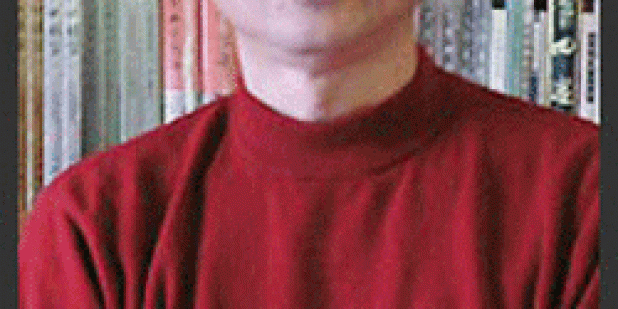Happy Lunar New Year from the USC US-China Institute!
Local Rites and Mercantile Lineage in Late Imperial China
Qitao Guo, Associate Professor of History of UC Irvine will speak about local rites and mercantile lineage in Late Imperial China.
Where

Guo’s talk will examine Patterned Prayers to the Deities (Qishen zouge), a newly discovered ritual handbook from Ming-dynasty (1368-1644) Huizhou prefecture (in south-central China). The six-volume handbook, attributed to the famous scholar-official Cheng Minzheng (1445-1499), contains near-encyclopedic information about local cults and communal rituals. Guo will focus on the prayers to deities within the local pantheon headed by Wang Hua, the apical ancestor of Huizhou’s most populous and prestigious descent line, who had since the Song emerged as the region’s patron deity. Like the pantheons of the state and institutional religions, the Wang Hua pantheon was hierarchical, but it incorporated local figures and it was built into the communal ancestor worship of regional lineages. Patterned Prayers presents new evidence of a localizing trend that emerged in the mid-Ming. It further points to the general “patterning” of local rites in Huizhou, evident not only in this ritual handbook but also in the Wang Hua pantheon invoked in later ritual opera performance. The social agents who “patterned” local rites were not, Guo argues, the state, but rather local mercantile lineages, abetted by a flourishing commercial print industry. The marks of both lineage and commercial interests are inscribed on the text. The handbook, first printed in the Ming, and then reprinted in the Qing (1644-1911), projected authorship onto a famous statesman with strong local ties, with the likely intent to increase sales of the book. Patterned Prayers demonstrates that a dialectic of ideological and secular, local and extra-regional forces worked to shape Huizhou rituals.
Featured Articles
We note the passing of many prominent individuals who played some role in U.S.-China affairs, whether in politics, economics or in helping people in one place understand the other.
Events
Ying Zhu looks at new developments for Chinese and global streaming services.
David Zweig examines China's talent recruitment efforts, particularly towards those scientists and engineers who left China for further study. U.S. universities, labs and companies have long brought in talent from China. Are such people still welcome?






